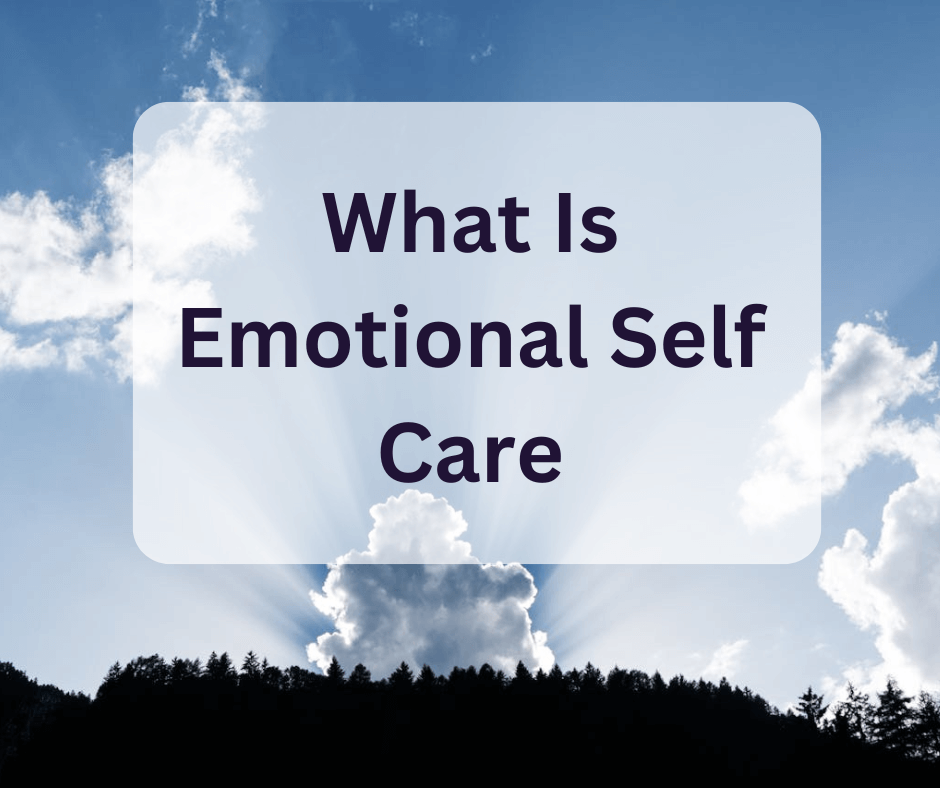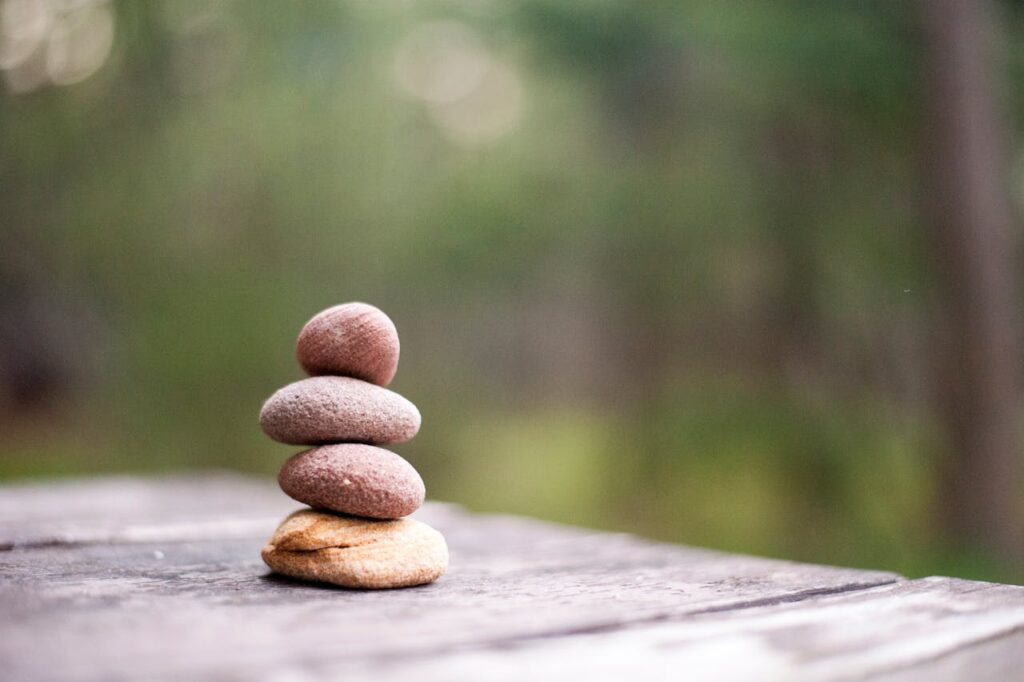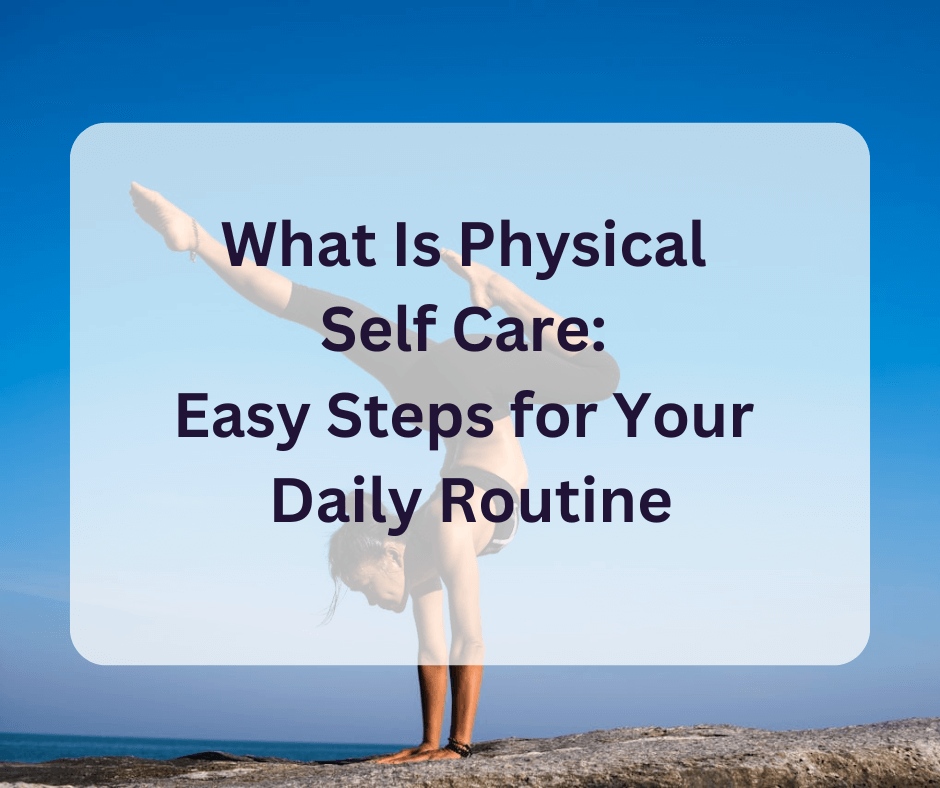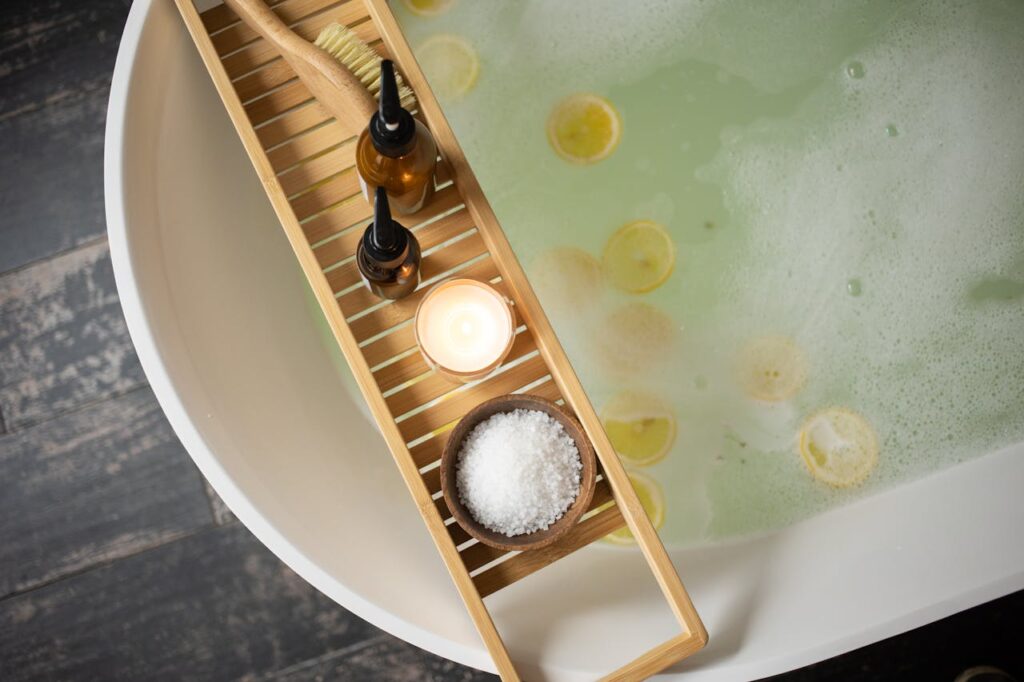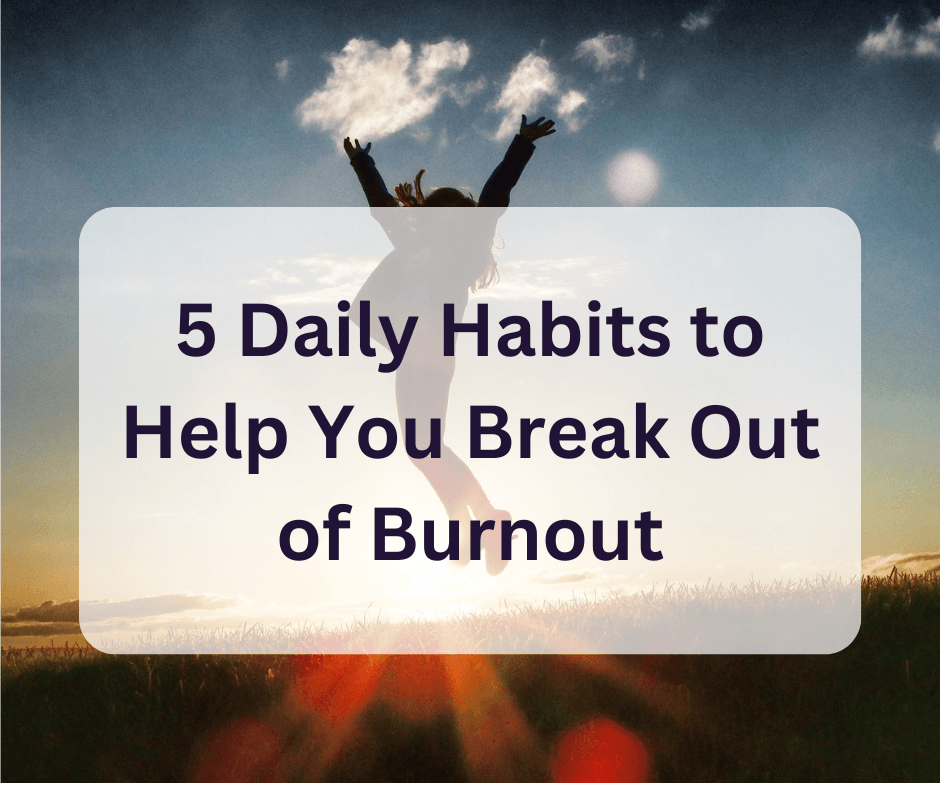So you have started your self care journey but it isn’t going quite as you expected? You may be making one of the 7 common self care mistakes and don’t even know it.
Trust me, I know what it’s like, I’ve been there. More often than I’d like to admit.
In this article, I will get into every one of them, and I’ll show you how to avoid them.
What Are Self Care Mistakes?
If you feel that self care isn’t quite working for you, maybe it’s because you are too strict with it. Or you may be too strict with yourself.
Self care is about making space, being patient and learning self compassion.
If you feel stuck, it may be because you are treating it too much like a job. And this is the exact opposite of what you want.
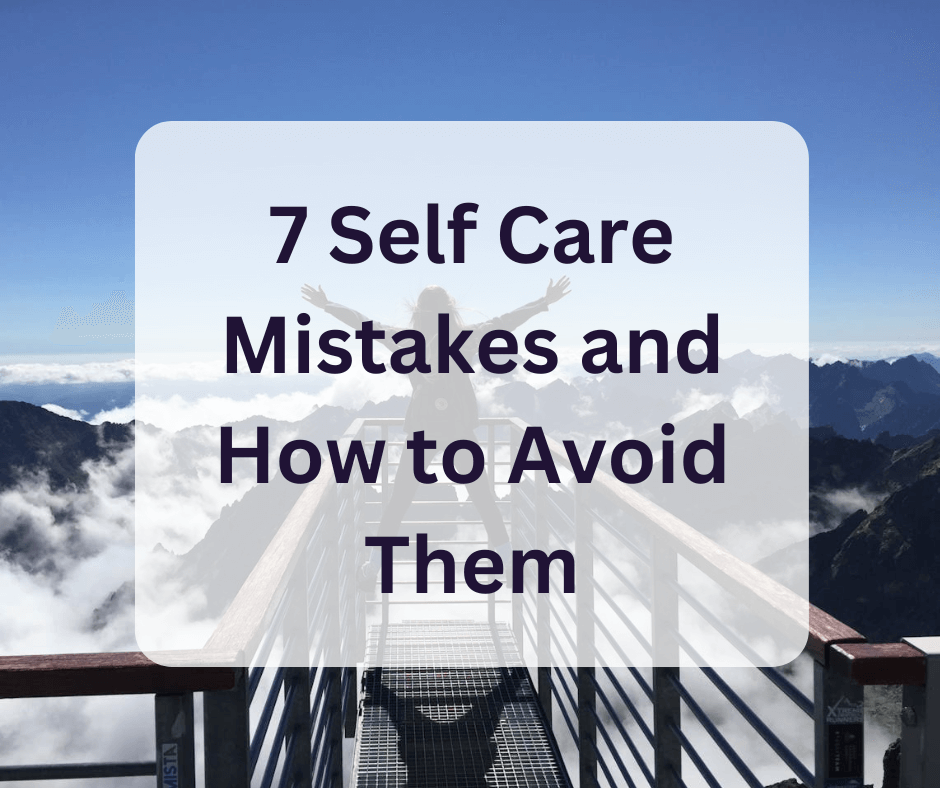
Don’t worry, we’ll get into all the self care mistakes you might be making, and I’ll show you how to avoid them.
I know “self care mistakes” sounds scary, but there’s no need to panic. This article isn’t supposed to show you yet another thing you are doing wrong. It’s supposed to be a tool to help you out on your journey, and make your work a lot easier.
So without further ado, let’s get into it!
1. Bubble Baths Are Not Self Care
This is the most common misconception people have about self care.
It’s true, it may be pleasant in the moment. And there is nothing wrong with treating yourself once in a while. But a bubble bath won’t work for your long term wellbeing.
Self care is about sustained effort. It is about creating a routine that’s beneficial for your physical and emotional health.
Don’t get me wrong. I have nothing against treating yourself to a slice of chocolate cake, while watching your favourite comfort movie. I don’t object to a hot bath after a long day. But please don’t mistake this for self care, and don’t expect it to make you feel better on the long run.
2. Having Unrealistic Expectations
Self care covers many aspects, and there is a lot that goes into it. It can mean physical, emotional, social, spiritual self care and so on.
One of the most common self care mistakes people make, is trying to do everything at the same time. I am guilty of it. I used to stack up as many self care routines as I could in a day. And then felt guilty when I failed.
If you are starting out, don’t try to cram everything in your daily routine. You will get overwhelmed and, within a couple of days, you will feel like a failure.
Try to introduce new routines one by one. Then only add new ones when the old ones are habit and don’t require any effort to maintain.
For more ideas on how to begin your self care journey, check out this article here:
3. Treating It Like a Job
Another mistake you might be making is treating your self care journey like you would a job. This means putting pressure on yourself to tick off everything you decided to do in a day.
I used to do this all the time. Every day I would set goals for myself. I would force myself to
- meditate
- work out
- socialize
- eat healthy
- do breathing exercises
I would have to hit all these targets on my to-do list every day and I would feel disappointed if I didn’t.

This is the best recipe for failure. There’s a reason why its called “care”. You’re supposed to care for yourself, not stress yourself out even more. So if your self care journey feels like a chore, it most likely is.
Try to be more forgiving with yourself. Give yourself space and be patient. Self care is not supposed to be another to-do list that you have to tick off at the end of the day.
4. Only Focusing on One Aspect of Self Care
As I said earlier, self care has many aspects and it requires a holistic approach.
Going to therapy is self care, but so is regular exercise or nurturing your relationships. If you are only focusing on one aspect, you might be missing out on the benefits of self care.
It’s great that you are doing your meditation practice every morning. But if you are not looking after your body, that can affect your mental health. Everything is connected.
For your overall wellbeing, you should look after your mental, emotional and physical health.
I know that sounds like a lot of work. But you can begin with small steps and build up from there.
5. Not Asking for Help
One of the most common self care mistakes people make is trying to do it all on their own.
The world we live in has pushed us to be more and more individualistic. To the point where we’re afraid or ashamed to ask for help. I don’t know about you, but I always hesitate to ask for help from others. It feels like I’m being a nuisance.
But we are social animals. We are meant to live in tribes, to co-exist. We are supposed to help each other out and to depend on each other. We connect when we work together.

Try to get over the fear of asking. If you don’t know how to, here’s how it worked for me:
- Think back on the last time someone asked you for help.
- How did you feel?
- Were happy to be of use?
Chances are the answer is yes. Because we like to feel needed. The idea that others feel bothered by our needs is often only in our heads.
Most people, decent people, are happy to help. As for the rest, you don’t want them in your life anyway.
6. Not Being Consistent
Like with everything, consistency is key. You cannot see results if you don’t make a practice and stick to it.
I understand that this might be challenging, since we are always busy. It’s hard to cram new habits and practices into an already busy schedule.
This is why I always recommend to take it slowly.
Start with small steps and keep at it.
It’s more efficient than going at it in leaps and bounds. Focus on small habits and do them consistently. The results will be instantaneous. I promise, it works every time!
7. Learning Instead of Practising
If you are reading this article about self care mistakes, that’s great. Learn what you need from it. But then go do it!
Information without practice is useless.
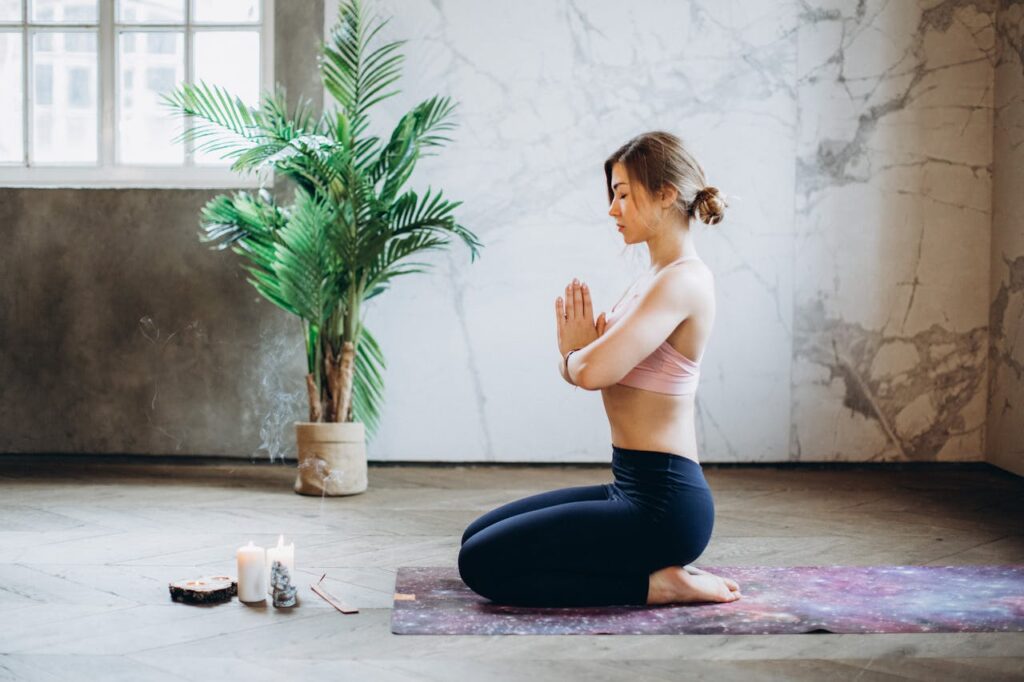
You are not working on your self care because you are reading about it.
It’s easy to fall into this trap. Consuming content and info on something is great. It teaches you what you need to know, and the internet is a wonderful tool for learning.
But one of the downsides is that it’s meant to keep you engaged at all times. You are supposed to spend your time consuming content, instead of going out there and living your life.
If you are not applying what you have learnt, you are wasting your time.
So start now.
Begin a new practice now.
Improve on it as you go.
Learn along the way.
Just do!
Conclusion
If you have been making some of these self care mistakes, that’s ok. This is how we learn. But now you know how to fix it.
Remember that you are doing it for yourself. There is no audience, no pressure and no finish line.
It takes time. Self care is a practice, not a race. You’re not trying to prove anything. And it’s not supposed to be perfect, whatever “perfect” means.
Learn to be patient with yourself, and stay consistent.
Have you made any of these self care mistakes on your self care journey? How did you deal with them? Please share your experience, and any tips & tricks in the comments!


